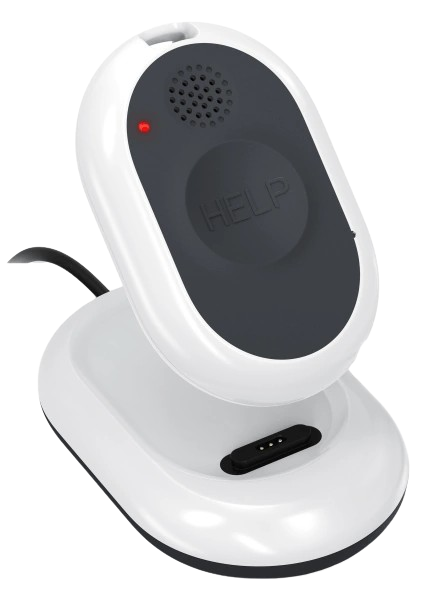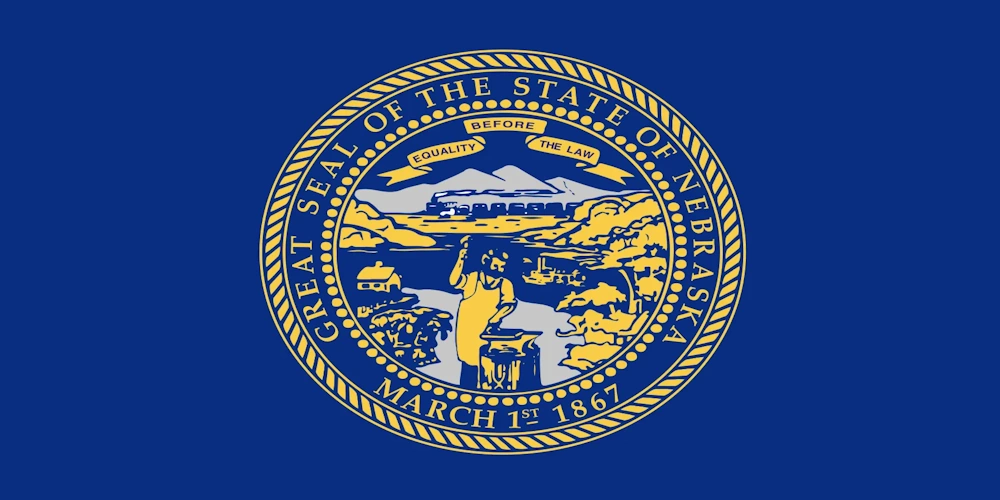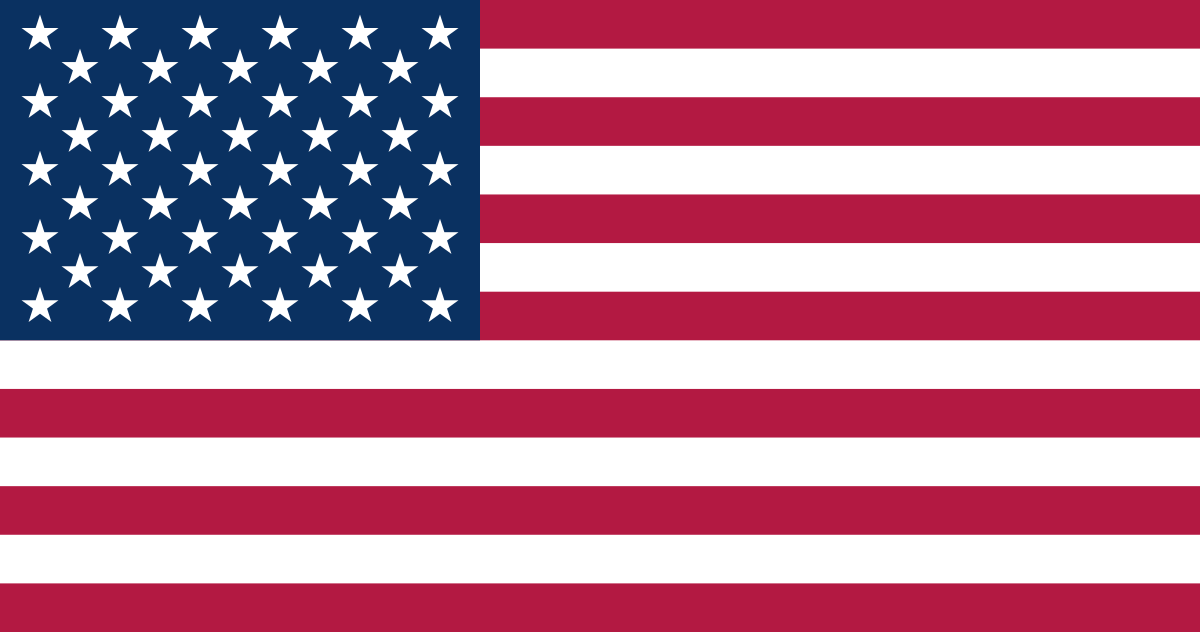In Rhode Island, industries such as healthcare, transportation, warehousing, and utilities often require employees to work alone, sometimes in unpredictable or high-risk environments. Lone workers—those who operate without direct supervision or nearby colleagues—may face increased vulnerability to accidents, medical emergencies, or threats of violence. Employers in Rhode Island must take appropriate steps to identify and mitigate these risks to ensure the safety of isolated employees.
Rhode Island does not operate its own OSHA-approved occupational safety and health plan, meaning the state falls under the jurisdiction of federal OSHA (Occupational Safety and Health Administration) for workplace safety regulations in the private sector. Public sector workers (such as state and municipal employees) are not automatically covered by OSHA unless the state has adopted its own rules, which Rhode Island has not.
On This Page
Our Guide To Lone Worker Safety Policy And Legislation In Rhode Island
With federal OSHA regulations applying throughout Rhode Island’s private sector, employers must comply with a wide range of general safety standards. While there is no specific federal OSHA standard for lone workers, many existing rules are relevant when workers are on their own—particularly those involving hazard communication, emergency preparedness, and fall protection.
Under the General Duty Clause, employers are legally required to maintain a workplace free from recognized hazards that could cause death or serious physical harm. For lone workers, this includes providing systems and protocols to ensure their safety despite the lack of direct oversight.
Employers in Rhode Island can access federal OSHA’s consultation services, guidance materials, and training tools to develop safety programs that account for employees working alone.
How Rhode Island Defines A Lone Worker
Rhode Island does not provide a legal definition of “lone worker,” but in practice, the term refers to employees who work without direct supervision or without coworkers nearby to provide immediate assistance.
Common lone worker roles in Rhode Island include:
- Home health aides and visiting nurses
- Overnight cleaning or custodial staff
- Delivery drivers and couriers
- Field technicians in telecommunications or utilities
- Security guards monitoring empty buildings or parking areas
- Agricultural and aquaculture workers in remote settings
Because these workers may be more difficult to reach in emergencies, additional protections are required to reduce their risk.
Employing A Lone Worker In Rhode Island
Employers in Rhode Island are expected to recognize the unique safety needs of lone workers and take action to protect them. Even in the absence of a dedicated lone worker regulation, failure to implement adequate safeguards may lead to violations under OSHA’s General Duty Clause.
Best practices for managing lone worker safety include:
- Risk Assessments: Identify potential hazards related to working alone in specific roles.
- Emergency Protocols: Develop plans to respond to incidents like medical emergencies, equipment failure, or violence.
- Communication Tools: Provide mobile phones, GPS trackers, or monitoring apps to maintain contact.
- Check-In Procedures: Use scheduled calls or automated systems to ensure lone workers are safe throughout their shifts.
- Training and Documentation: Train workers on hazard recognition, reporting procedures, and emergency response protocols.
By implementing these practices, employers can reduce the likelihood of serious incidents and demonstrate regulatory compliance.
Learn How You Can Protect Your Employees With Loneworker.com

With Loneworker.com you can be equipped with the knowledge and the means to protect your employees and protect your business. Contact us today to learn more about how Loneworker.com can protect you and your employees.
How The Safe Lone Worker App Can Protect Rhode Island Lone Workers And Employers
The Safe Lone Worker app is an effective tool for Rhode Island employers looking to protect employees in isolated work environments. With features like real-time GPS monitoring, panic buttons, automatic check-ins, and fall detection, the app helps employers stay connected with lone workers and act quickly in emergencies.
Whether your team operates in homes, on the road, or in remote industrial facilities, this app can strengthen your safety protocols and support OSHA compliance efforts.
Rhode Island Lone Worker Policies
Rhode Island does not operate its own OSHA-approved occupational safety and health plan, so federal OSHA regulations apply to private-sector workplaces across the state. While there is no lone worker-specific regulation, employers are obligated to protect all workers—especially those operating in isolation—under the OSHA General Duty Clause.
This guide serves as a general resource and is not a substitute for legal advice or official regulatory consultation.
Rhode Island Lone Worker Resources
OHS Contact Centre
- 1-866-415-8690
CDC / NIOSH
- 800-232-4636

Affordable Monitoring For Lone Workers In Rhode Island

-
 Monitoring Your Employees' Safety
Monitoring Your Employees' Safety
-
 GPS Tracking And Monitoring
GPS Tracking And Monitoring
-
 Man Down Panic Alerts
Man Down Panic Alerts
-
 24/7 Protection Anywhere
24/7 Protection Anywhere
Lone Worker Legislation
Lone Worker Safety Policies And Legislation By State
-
 Alabama State Safety Policies And Legislation
Alabama State Safety Policies And Legislation
-
 Alaska State Safety Policies And Legislation
Alaska State Safety Policies And Legislation
-
 Arizona State Safety Policies And Legislation
Arizona State Safety Policies And Legislation
-
 Arkansas State Safety Policies And Legislation
Arkansas State Safety Policies And Legislation
-
 California State Safety Policies And Legislation
California State Safety Policies And Legislation
-
 Colorado State Safety Policies And Legislation
Colorado State Safety Policies And Legislation
-
 Connecticut State Safety Policies And Legislation
Connecticut State Safety Policies And Legislation
-
 Delaware State Safety Policies And Legislation
Delaware State Safety Policies And Legislation
-
 Florida State Safety Policies And Legislation
Florida State Safety Policies And Legislation
-
 Georgia State Safety Policies And Legislation
Georgia State Safety Policies And Legislation
-
 Hawaii State Safety Policies And Legislation
Hawaii State Safety Policies And Legislation
-
 Idaho State Safety Policies And Legislation
Idaho State Safety Policies And Legislation
-
 Illinois State Safety Policies And Legislation
Illinois State Safety Policies And Legislation
-
 Indiana State Safety Policies And Legislation
Indiana State Safety Policies And Legislation
-
 Iowa State Safety Policies And Legislation
Iowa State Safety Policies And Legislation
-
 Kansas State Safety Policies And Legislation
Kansas State Safety Policies And Legislation
-
 Kentucky State Safety Policies And Legislation
Kentucky State Safety Policies And Legislation
-
 Louisiana State Safety Policies And Legislation
Louisiana State Safety Policies And Legislation
-
 Maine State Safety Policies And Legislation
Maine State Safety Policies And Legislation
-
 Maryland State Safety Policies And Legislation
Maryland State Safety Policies And Legislation
-
 Massachusetts State Safety Policies And Legislation
Massachusetts State Safety Policies And Legislation
-
 Michigan State Safety Policies And Legislation
Michigan State Safety Policies And Legislation
-
 Minnesota State Safety Policies And Legislation
Minnesota State Safety Policies And Legislation
-
 Mississippi State Safety Policies And Legislation
Mississippi State Safety Policies And Legislation
-
 Missouri State Safety Policies And Legislation
Missouri State Safety Policies And Legislation
-
 Montana State Safety Policies And Legislation
Montana State Safety Policies And Legislation
-
 Nebraska State Safety Policies And Legislation
Nebraska State Safety Policies And Legislation
-
 Nevada State Safety Policies And Legislation
Nevada State Safety Policies And Legislation
-
 New Hampshire State Safety Policies And Legislation
New Hampshire State Safety Policies And Legislation
-
 New Jersey State Safety Policies And Legislation
New Jersey State Safety Policies And Legislation
-
 New Mexico State Safety Policies And Legislation
New Mexico State Safety Policies And Legislation
-
 New York State Safety Policies And Legislation
New York State Safety Policies And Legislation
-
 North Carolina State Safety Policies And Legislation
North Carolina State Safety Policies And Legislation
-
 North Dakota State Safety Policies And Legislation
North Dakota State Safety Policies And Legislation
-
 Ohio State Safety Policies And Legislation
Ohio State Safety Policies And Legislation
-
 Oklahoma State Safety Policies And Legislation
Oklahoma State Safety Policies And Legislation
-
 Oregon State Safety Policies And Legislation
Oregon State Safety Policies And Legislation
-
 Pennsylvania State Safety Policies And Legislation
Pennsylvania State Safety Policies And Legislation
-
 Rhode Island State Safety Policies And Legislation
Rhode Island State Safety Policies And Legislation
-
 South Carolina State Safety Policies And Legislation
South Carolina State Safety Policies And Legislation
-
 South Dakota State Safety Policies And Legislation
South Dakota State Safety Policies And Legislation
-
 Tennessee State Safety Policies And Legislation
Tennessee State Safety Policies And Legislation
-
 Texas State Safety Policies And Legislation
Texas State Safety Policies And Legislation
-
 Utah State Safety Policies And Legislation
Utah State Safety Policies And Legislation







